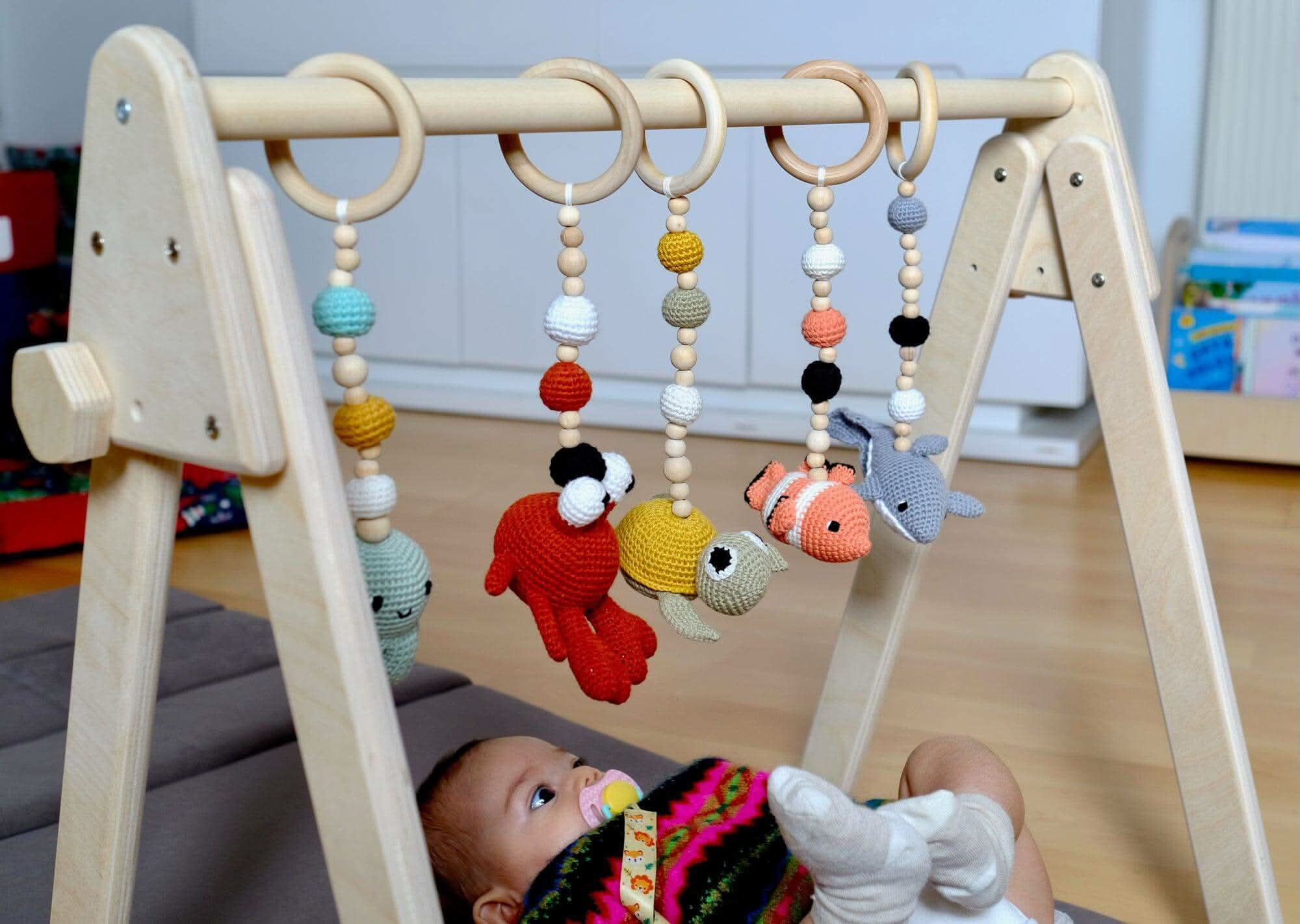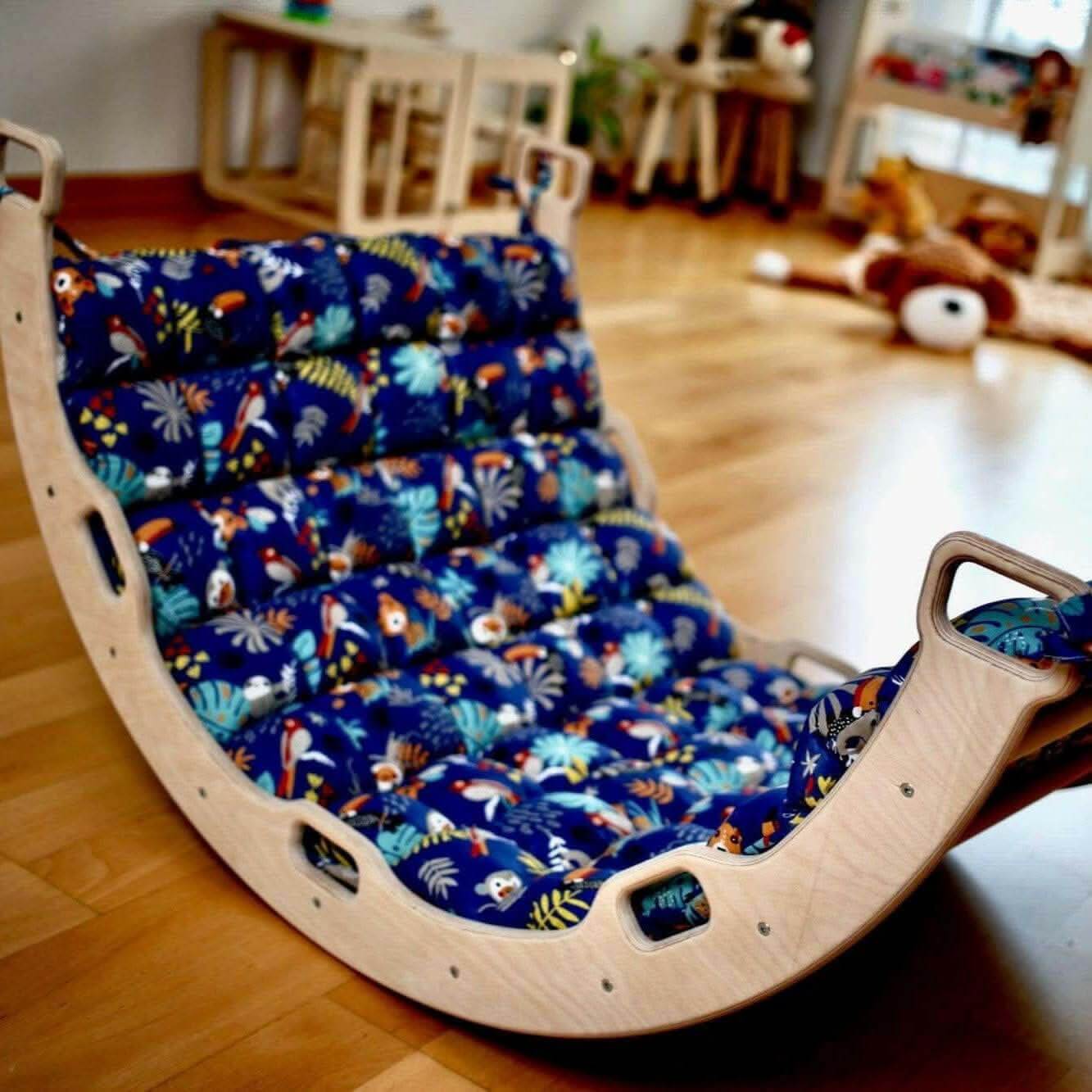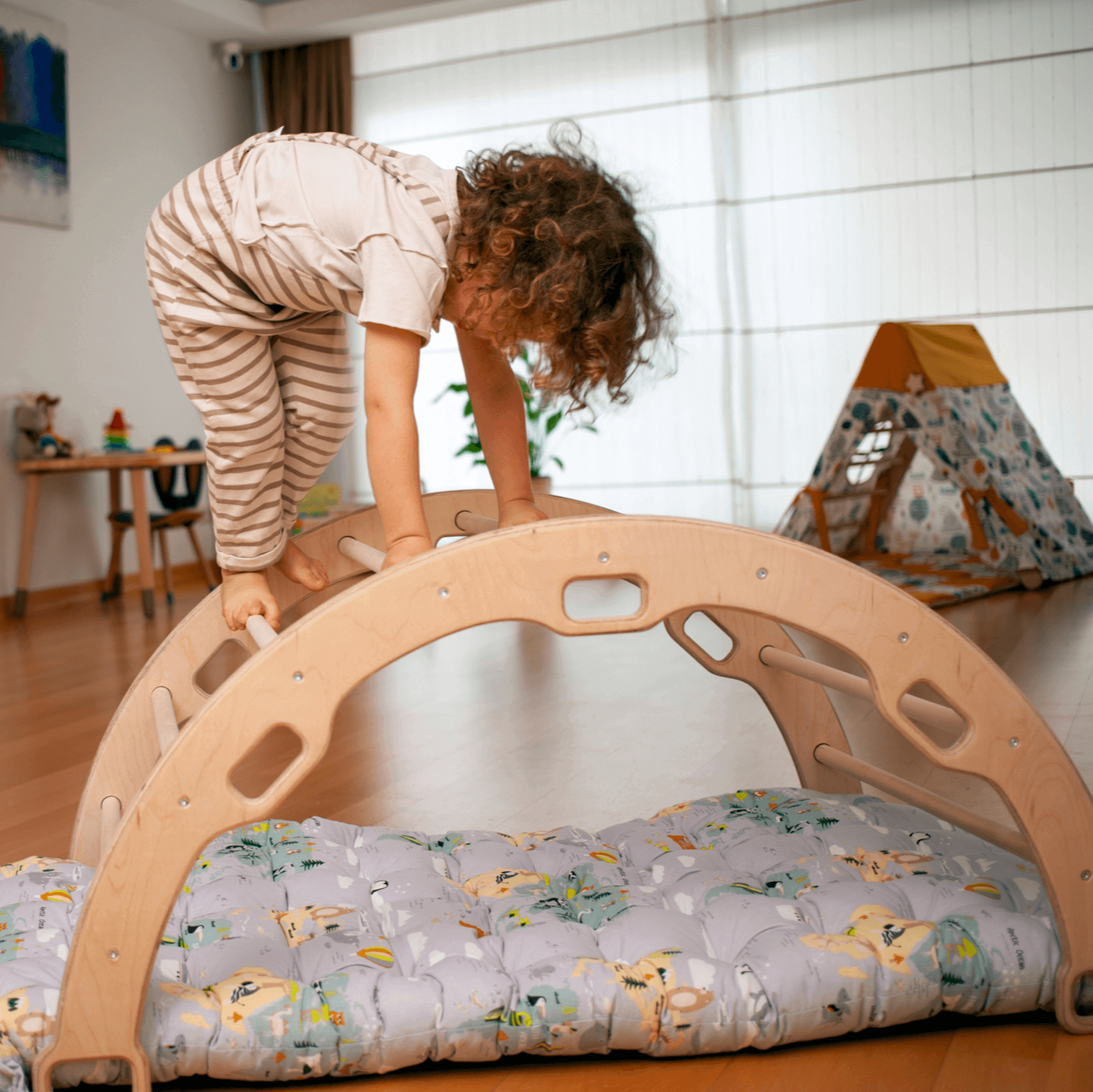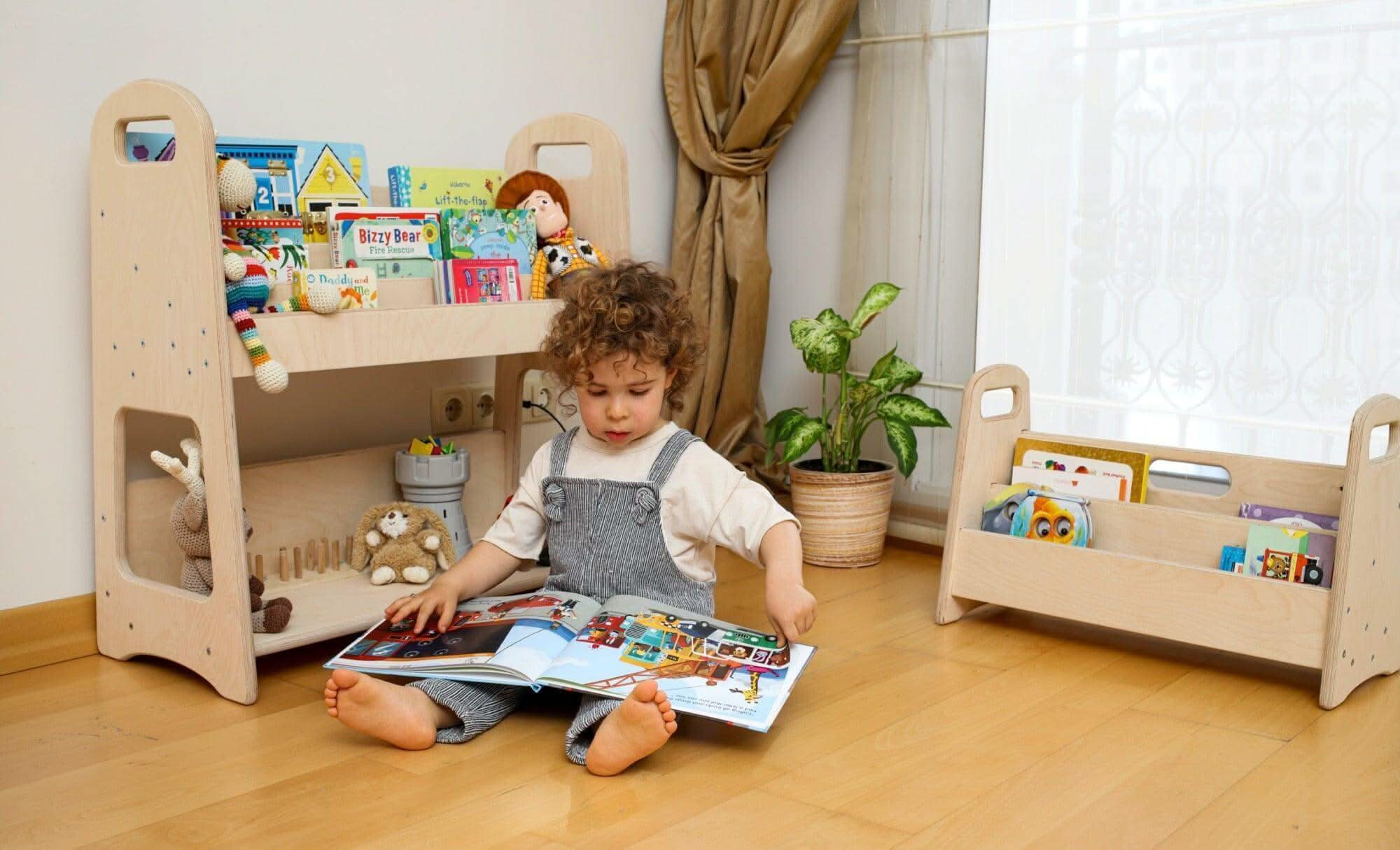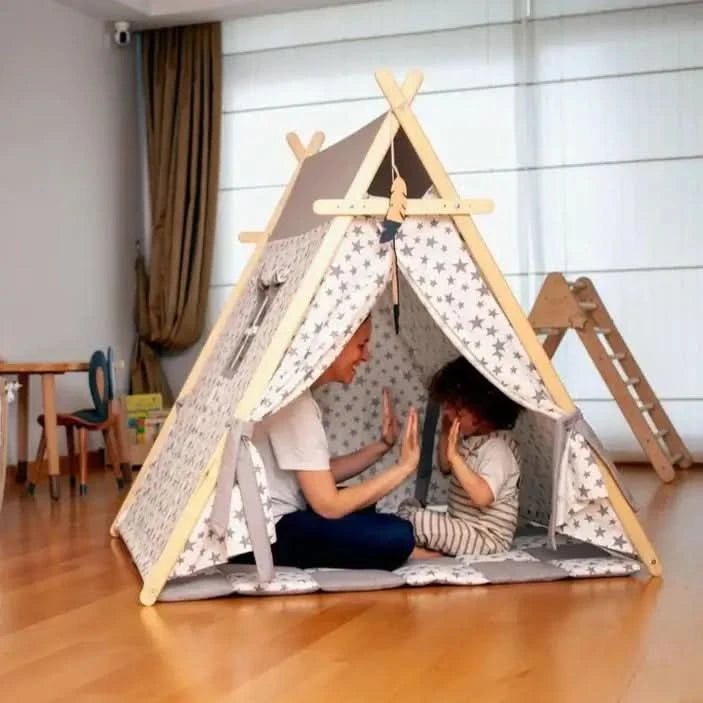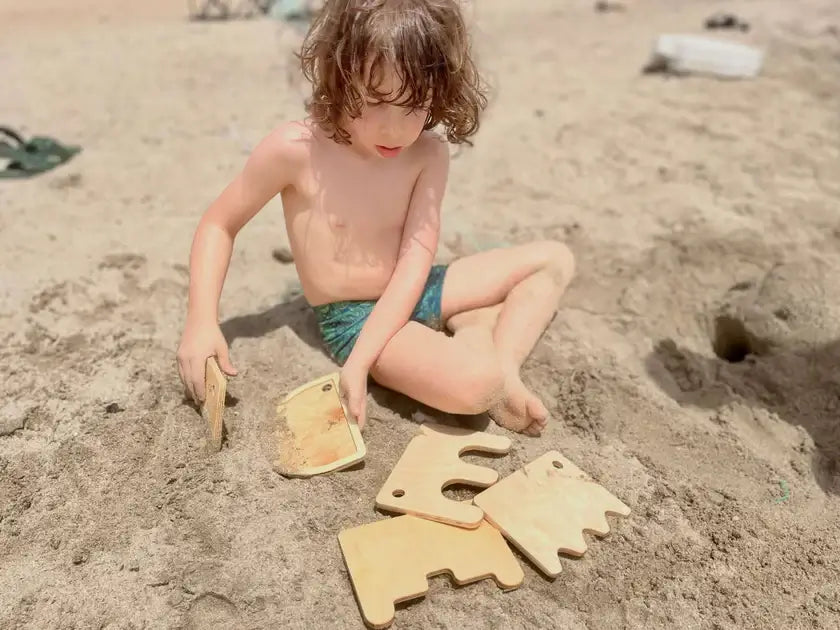

· By halit burak capraz
Montessori Toys: Enhancing Your Child’s Learning and Development
"Montessori Toys: Enhancing Your Child’s Learning and Development"
Introduction
Montessori toys are designed to support the principles of Montessori education, which emphasizes hands-on learning, self-directed activity, and collaborative play. These toys are crafted to foster independence, creativity, and cognitive development in children. In this article, we will explore the benefits of Montessori toys and how they can enhance your child's learning and development.
What Are Montessori Toys?
Montessori toys are educational tools that align with the Montessori method of teaching. This approach, developed by Dr. Maria Montessori, focuses on creating a learning environment that encourages exploration and discovery. Montessori toys are designed to be:
- Developmentally Appropriate: Tailored to the child’s age and stage of development.
- Hands-On: Allow children to engage in tactile and sensory experiences.
- Open-Ended: Encourage creativity and imagination.
- Self-Correcting: Enable children to learn through trial and error without direct adult intervention.
Benefits of Montessori Toys
1. Enhancing Cognitive Development
Montessori toys stimulate cognitive growth by encouraging problem-solving, logical thinking, and spatial awareness. Toys like building blocks, shape sorters, and puzzles help children develop critical thinking skills and understand cause-and-effect relationships.
2. Fostering Independence
Montessori toys promote self-directed learning and independence. Toys that allow children to work at their own pace, such as threading beads or assembling puzzles, help them build confidence and a sense of accomplishment.
3. Encouraging Fine Motor Skills
Many Montessori toys focus on developing fine motor skills through activities that require precise hand movements. Toys like Montessori manipulatives, stacking rings, and wooden puzzles enhance hand-eye coordination and dexterity.
4. Supporting Emotional and Social Growth
Montessori toys also contribute to emotional and social development. Cooperative games, role-play sets, and toys that require turn-taking help children learn about sharing, empathy, and collaboration.
Popular Montessori Toys for Different Ages
1. Infants (0-12 Months)
- Montessori Rattles: Stimulate sensory development and grip strength.
- Soft Wooden Teethers: Safe for chewing and help with teething discomfort.
- High-Contrast Cards: Enhance visual tracking and focus.
2. Toddlers (1-3 Years)
- Stacking Toys: Develop spatial awareness and coordination.
- Shape Sorters: Teach problem-solving and shape recognition.
- Montessori Busy Boards: Offer various sensory experiences and fine motor skill activities.
3. Preschoolers (3-6 Years)
- Building Blocks: Encourage creativity, spatial reasoning, and engineering skills.
- Montessori Puzzles: Promote cognitive skills, hand-eye coordination, and patience.
- Role-Play Sets: Support imaginative play and social interaction.
How to Choose Montessori Toys
When selecting Montessori toys for your child, consider the following factors:
- Quality Materials: Choose toys made from natural, non-toxic materials such as wood and organic fabrics.
- Age Appropriateness: Ensure the toy is suitable for your child’s developmental stage.
- Safety: Verify that the toy meets safety standards and does not contain small parts that could be a choking hazard.
- Educational Value: Select toys that align with Montessori principles and offer opportunities for hands-on learning.
Integrating Montessori Toys into Daily Life
Incorporate Montessori toys into your child’s daily routine to maximize their benefits:
- Create a Learning Space: Designate a specific area in your home for Montessori toys and activities.
- Encourage Exploration: Allow your child to explore and interact with toys independently.
- Rotate Toys: Keep your child engaged by rotating toys and introducing new ones periodically.
Conclusion
Montessori toys offer a valuable approach to enhancing your child’s learning and development. By supporting cognitive, motor, emotional, and social growth, these toys align with the Montessori method’s principles of self-directed and hands-on learning. Choosing high-quality Montessori toys and integrating them into daily life can provide your child with a strong foundation for future success.

